President Trump recently imposed tariffs on goods shipped from virtually everywhere into the United States. All sorts of manufacturers and suppliers are subject to tariffs. Goods from all nations are subject to at least a 10% tax. This has caused some uncertainty and consternation in the art world. Are paintings and such taxable? There appears to be some uncertainty on this although “artworks” is listed among “informational material” exempt from tariffs. Most experts seem to feel the answer is “no,” but not with 100% certainty. What constitutes an “artwork” may be subject to debate. Considering the high cost of some artworks, a tariff could mean a large add-on cost.
Rare and antiquarian books are, in their coarsest description, also “goods.” Are rare books shipped from another country into the United States subject to a tariff tax? The short answer is “no.” The long answer is also “no,” but here is some detail as to why booksellers and collectors are at an advantage in terms of certainty over those who deal in art.
The tariffs were implemented under something called the International Emergency Economic Power Act (IEEPA). This act “may be exercised to deal with any unusual and extraordinary threat, which has its source in whole or substantial part outside the United States, to the national security, foreign policy, or economy of the United States, if the President declares a national emergency with respect to such threat.” We can debate whether there is a national emergency ongoing that justifies implementing this act, but the President says there is and he gets to make the call. A statement issued by the White House on April 2 states, “Today, President Donald J. Trump declared that foreign trade and economic practices have created a national emergency, and his order imposes responsive tariffs to strengthen the international economic position of the United States and protect American workers.”
Fortunately for those involved with books, there are exceptions to items that may be subject to tariffs. Broadly, items that are considered “informational materials” are exempt from IEEPA tariffs. One exception is described as “Articles that are informational materials, including but not limited to, publications, films, posters, phonograph records, photographs, microfilms, microfiche, tapes, compact disks, CD ROMs, artworks, and news wire feeds.”
The tariff order is then subject to certain very specific exemptions in what is known as “Annex II” of the “Reciprocal Tariffs.” Here are some of the clear, specific exceptions to tariffable goods on what is called the Harmonized Tariff Schedule of the United States (HTSUS).
49011000 Printed books, brochures, leaflets and similar printed matter in single sheets, whether or not folded.
49019900 Printed books, brochures, leaflets and similar printed matter, other than in single
sheets.
49019100 Printed dictionaries and encyclopedias and serial installments thereof.
Other exemptions cover such things as newspapers, periodicals, journals, printed or manuscript music, maps and similar charts of all kinds, hand-drawn original plans and drawings, hand-written texts, photo reproductions and carbon copies of the preceding, printed advertising and catalogs, and printed matter “not elsewhere specified or included.” This list covers not only books, but just about everything else likely to be handled by booksellers. If not for this specific list, there still would be some fairly strong First Amendment free speech claims that could be made against placing tariffs on books.
We aren't in the business of providing legal advice, but for myself, I would feel comfortable exporting to and importing into the United States books and similar printed or manuscript material without collecting a tariff.



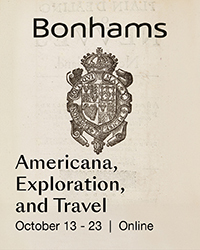
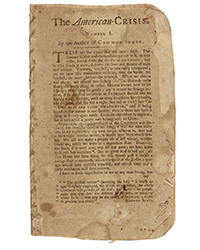
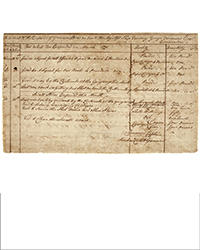
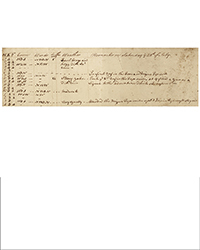
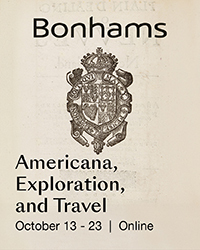
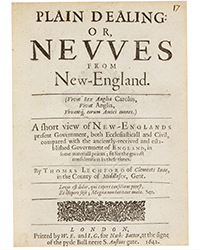
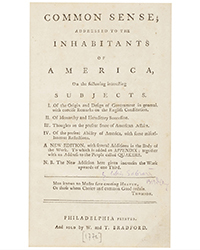
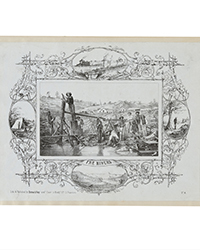
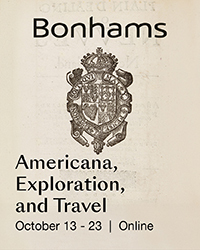
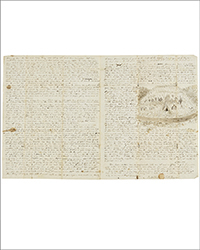
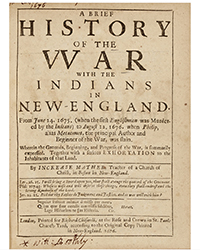
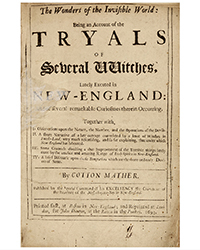
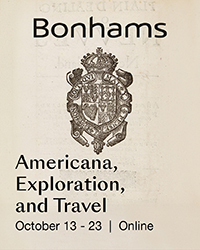
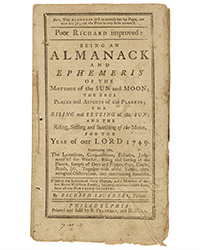
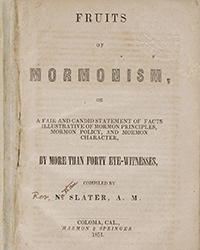
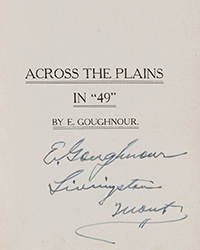
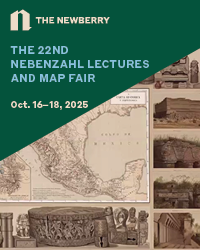
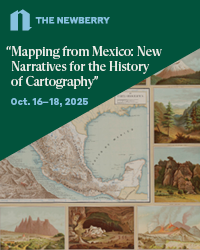
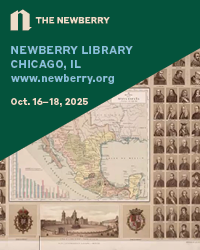
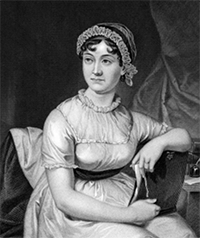
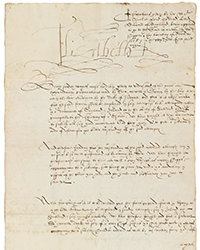
![<b>Sotheby’s, Oct. 1-15:</b> Vanessa Bell — [Virginia Woolf]. An exceptional encapsulation of the Bloomsbury Group. A striking tile created by Vanesa Bell for her sister, Virginia Woolf, ca. Christmas 1926. $25,000 to $35,000. <b>Sotheby’s, Oct. 1-15:</b> Vanessa Bell — [Virginia Woolf]. An exceptional encapsulation of the Bloomsbury Group. A striking tile created by Vanesa Bell for her sister, Virginia Woolf, ca. Christmas 1926. $25,000 to $35,000.](https://ae-files.s3.amazonaws.com/AdvertisementPhotos/d61e5df0-f7df-4ff3-b120-69c4c4ded5d5.png)
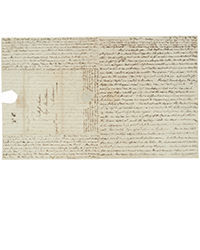
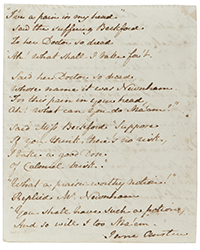
![<b>Sotheby’s, Oct. 1-15:</b> [Austen, Jane]. Emma, the extraordinary Edgeworth-Butler copy. $250,000 to $350,000. <b>Sotheby’s, Oct. 1-15:</b> [Austen, Jane]. Emma, the extraordinary Edgeworth-Butler copy. $250,000 to $350,000.](https://ae-files.s3.amazonaws.com/AdvertisementPhotos/3d91ed5b-6dab-40a2-8ec2-3ba57b219840.png)